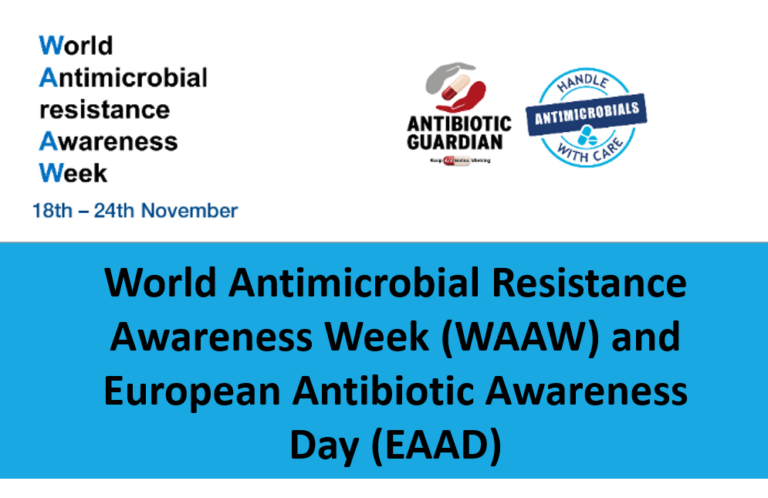Group A streptococcal infection
Friday, 9 December 2022
Background
Group A streptococcus (GAS) is a common bacteria. Lots of us carry it in our throats and on our skin and it doesn’t always result in illness. However, GAS does cause a number of infections, some mild and some more serious.
The most serious infections linked to GAS come from invasive group A strep, known as iGAS.
Whilst iGAS infections are still uncommon, there has been an increase incases this year, particularly in children under 10 and sadly, a small number of deaths.
Currently, there is no evidence that a new strain is circulating.
UPDATE TO PARENTS, GUARDIANS, TEACHERS and SCHOOL NURSES
You may have seen in the news that there has been an increase of Group A streptococcus (strep A) cases. It is responsible for infections such as tonsillitis, pharyngitis, scarlet fever, impetigo and cellulitis among others.
This is usually a mild illness but can sometimes result in a serious infection.
Look out for symptoms in your child, which include:
- Sore throat
- Headache
- Fever
- A fine, pinkish or red body rash with a sandpapery feel.
- On darker skin the rash can be more difficult to detect visually but will have a sandpapery feel.
Currently, there is no evidence that a new strain is circulating.
It’s always concerning when a child is unwell. Strep A infections cause various symptoms such as sore throat, fever, chills and muscle aches.
As a parent, if you feel that your child seems seriously unwell, you should trust your own judgement.
Contact NHS 111 or your GP if:
- your child is getting worse
- your child is feeding or eating much less than normal
- your child has had a dry nappy for 12 hours or more or shows other signs of dehydration
- your baby is under 3 months and has a temperature of 38C, or is older than 3 months and has a temperature of 39C or higher
- your baby feels hotter than usual when you touch their back or chest, or feels sweaty
- your child is very tired or irritable
Call 999 or go to A&E if:
- your child is having difficulty breathing – you may notice grunting noises or their tummy sucking under their ribs
- there are pauses when your child breathes
- your child’s skin, tongue or lips are blue
- your child is floppy and will not wake up or stay awake
How can we stop infections from spreading?
Good hand and respiratory hygiene are important for stopping the spread of many bugs. By teaching your child how to wash their hands properly with soap and warm water for 20 seconds, using a tissue to catch coughs and sneezes, and keeping away from others when feeling unwell, they will be able to reduce the risk of picking up, or spreading, infections.
- The UK Health Security Agency (UKSA) have produced a helpful video that you can view HERE.
- Imperial College Healthcare NHS Trust have created a useful guide for parents and carers of children under five years of age that can be downloaded
- NHS North West London continuously update its website with information and support materials: https://www.nwlondonics.nhs.uk/
Royal College of Paediatrics and Child Health
NHSE advice specific to Strep A symptoms and who to contact:
NHS.uk website containing new information on Strep A


